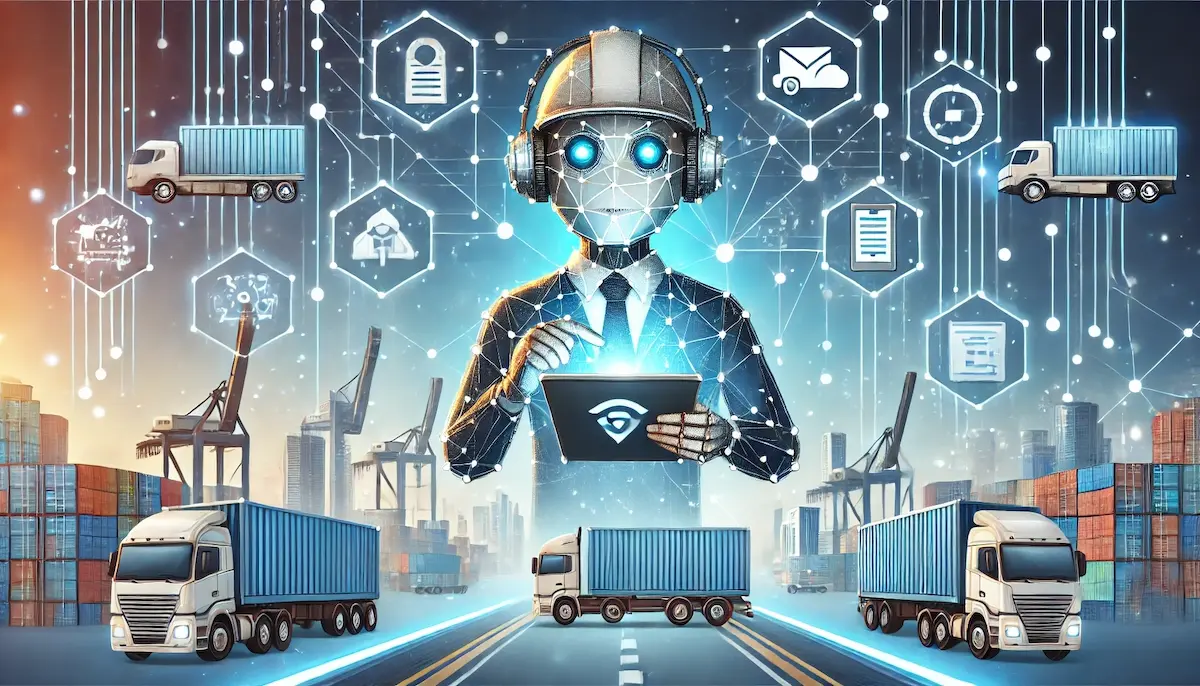Logistics technology refers to the innovative tools and systems that enhance the efficiency and effectiveness of logistics operations. It plays a crucial role in the seamless movement of goods, ensuring that products reach their destinations on time and in optimal condition. Let’s dive into the key aspects of logistics technology and how it’s transforming the industry.
The Role of Logistics Technology
Logistics technology encompasses a wide range of solutions designed to streamline transportation, warehousing, and distribution. By leveraging these technologies, businesses can improve their logistics processes, reduce costs, and enhance customer satisfaction.
Key Technologies in Logistics
Several cutting-edge technologies are shaping the future of logistics:
1. Internet of Things (IoT)
IoT devices, such as sensors and GPS trackers, provide real-time data on the location and condition of shipments. This enables companies to monitor their goods throughout the supply chain, ensuring they are handled properly and arrive on time.
2. Artificial Intelligence (AI) and Machine Learning
AI and machine learning algorithms analyze vast amounts of data to optimize route planning, predict delivery times, and improve inventory management. These technologies help logistics companies make data-driven decisions, enhancing operational efficiency.
3. Autonomous Vehicles and Drones
Autonomous trucks and delivery drones are revolutionizing the transportation of goods. These technologies reduce the need for human drivers, lower transportation costs, and increase delivery speed and reliability.
4. Blockchain
Blockchain technology provides a secure and transparent way to record transactions and track shipments. In logistics, it ensures the integrity of the supply chain, preventing fraud and improving traceability.
5. Warehouse Automation
Automated systems, such as robotic picking and sorting, streamline warehouse operations. These technologies increase accuracy and efficiency, reducing labor costs and minimizing errors in order fulfillment.
6. Transportation Management Systems (TMS)
TMS software helps companies plan, execute, and optimize the movement of goods. It provides real-time visibility into shipments, enabling better coordination and faster response times to any issues that arise.
Benefits of Logistics Technology
The adoption of logistics technology offers numerous advantages for businesses:
1. Improved Efficiency
Automation and real-time data analytics streamline logistics processes, reducing delays and minimizing errors. This leads to faster delivery times and improved operational efficiency.
2. Enhanced Visibility
Technologies like IoT and blockchain provide end-to-end visibility across the supply chain. Companies can track their shipments in real-time, ensuring transparency and accountability.
3. Cost Reduction
Optimized route planning, efficient warehouse operations, and reduced reliance on human labor lower operational costs. This allows businesses to allocate resources more effectively and improve their bottom line.
4. Better Risk Management
Advanced analytics and AI help companies anticipate disruptions and develop contingency plans. This proactive approach minimizes the impact of unforeseen events, such as natural disasters or supply chain disruptions.
5. Superior Customer Service
With faster and more reliable deliveries, companies can meet customer expectations more effectively. Real-time tracking and timely communication enhance the overall customer experience.
Conclusion
Logistics technology is revolutionizing the way goods are transported and managed, providing businesses with the tools to be more agile, efficient, and customer-focused. As these technologies continue to advance, their impact on the logistics industry will only grow, driving further innovation and improvement.
Blockfine thanks you for reading and hopes you found this article helpful.
